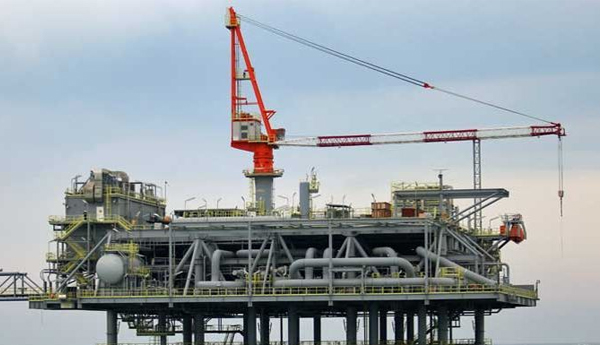IRCON International Limited, a Government of India undertaking, has, in the last five years, rendered a yeoman’s service to Sri Lanka by rebuilding rail links between the Sinhalese-speaking South and the Tamil-speaking North, which had been disrupted for three decades by war and terrorism, The New Indian Express reported.
Setting out IRCON’s achievements in Lanka in the past five years, Project Director Shyam Lal Gupta said that IRCON began its innings in the island nation by upgrading the Tsunami devastated Kalutara – Matara coastal railway line in March 2009.
“The project involved the rehabilitation and improvement of the existing track so that it can take a speed of 100 kmph. The 114 km long new track was funded by an Indian line of credit and was completed ahead of schedule in 2012 in two phases,” Mr. Shyam Lal Gupta told the media.
IRCON then undertook the reconstruction of 265 km of Northern Railway lines with an Indian line of credit of USD 800 million. The track from Medawachchiya to Madhu Road was reconstructed by May 2013. The Omanthai – Kilinochchi line was completed in September 2013. The Kilinochchi – Pallai section was handed over for commercial operations in March 2014.
The long awaited dream of reconnecting Jaffna with Colombo with rail by recommencing the services of the famous Yal Devi Express was realized with the opening of the Pallai – Jaffna section on 13 October, 2014. The stretch from Jaffna to KKS was inaugurated on January 2, this year. The last and final segment of the Northern Railway project, from Madhu Road to Talai Mannar Pier (63 Kms), was inaugurated on March 14 this year, by the Prime Minister of India, Narendra Modi.
“All this work had been done in record time. The Colombo – Jaffna Yal Devi train is running full, with bookings being done several days in advance”, Mr. Shyam Lal Gupta pointed out proudly.
IRCON has handed over six new locomotives to Sri Lanka Railways. The installation of the Signaling and Telecommunication system in the sections had also been completed and commissioned. The new railway tracks are designed to have a speed potential of 120 kmph, Mr. Shyam Lal Gupta said.
The rail joints had been replaced using State of the Art welding technology. Latest technologies such as Pre-stressed Concrete sleepers, CMS (Cast Manganese Steel) crossings with standard turnouts, Long Welded Rails with Switch Expansion joints, modern Signaling and Telecommunication system, and mechanized tamping and packing were incorporated to provide long lasting tracks, with minimal maintenance requirements.
IRCON also imparted various technical and managerial training skills to personnel from Sri Lanka Railways. During the execution of the projects, IRCON made use of local manpower as well as agencies, thus providing huge employment opportunities as well as skills development for local personnel, Mr. Shyam Lal Gupta said.
IRCON has been actively involved in a variety of Corporate Social Responsibility (CSR) projects in Lanka. It has so far completed construction of two health units with ambulance facilities at Medawachchiya and Mankulam; the renovation of the community hall at Talaimannar; construction of a community hall at Matugama; seating benches for railway stations on the coastal line; distribution of computers and computer furniture to underprivileged schools at Matugama, distribution of bicycles for women and students in the Vavuniya district; and construction of a vocational training centre at Matugama; development of a playground-cum-community gathering place at Palinda Nuwara; and the provision of school kits for 5,000 under-privileged children.
IRCON is very keen to assist Sri Lanka Railways in any of its future infrastructure development projects in line with the priorities of the Lankan railway transport sector, Mr. Shyam Lal Gupta said.
“The Government of Sri Lanka should make all efforts to ensure that trains can cover the distance from Colombo to Jaffna and Colombo to Trincomalee in four to 4.5 hours,” he suggested.



